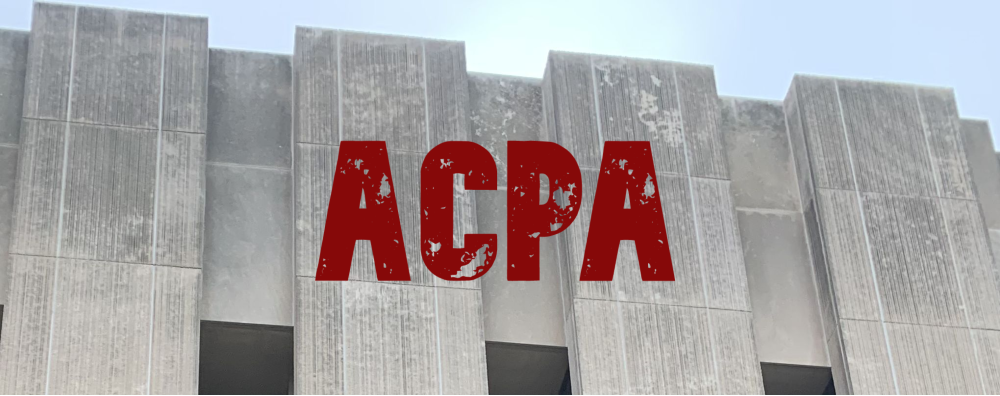
A guy named Plaza worked for defendant cabinet retailer for a few years and then left to start a competing business called 411 Kitchen Cabinets. Defendant seems to have not liked the new competition and registered the domain name <411kitchencabinet.com>. This allegedly caused confusion among consumers and negatively impacted the new business.
So the new company sued in federal court alleging claims under the Anticybersquatting Consumer Protection (15 U.S.C. § 1125(d)) (“ACPA”) and for trademark dilution. Defendant moved to dismiss. The court dismissed the dilution claim but allowed the ACPA claim to move forward.
Not like “Budweiser, Camel and Barbie”
To properly plead dilution, plaintiff was required to allege, among other things, that its mark was “famous”. Under the federal trademark law – the Lanham Act – a mark is “famous” when “it is widely recognized by the general consuming public of the United States as a designation of source of the goods or services of the mark’s owner.” 15 U.S.C. § 1125(c)(2)(A).
The court found that plaintiff had not alleged enough facts to show fame. In the court’s view, at most, plaintiff had alleged that its mark “ha[d] enjoyed a good name and reputation in the cabinets, countertops, vanities and granite industry.” That allegation did not establish the requisite fame required for a dilution claim and fell “well-short of alleging that Plaintiff’s mark [was] on the same scale as marks like Budweiser, Camel, and Barbie,” citing Brain Pharma, LLC v. Scalini, 858 F. Supp. 2d 1349, 1357 (S.D. Fla. 2012)
Yes on the cybersquatting claim
But the ACPA claim fared better. The court found plaintiff’s complaint sufficient to allege that plaintiff had sufficiently alleged that its use of its mark in commerce prior to the registration of the disputed domain name made the mark distinctive and entitled to protection. It also successfully pled that defendant’s domain name was confusingly similar to plaintiff’s mark. And the court also found that plaintiff successfully alleged that defendant had a bad faith to intent in registering and using the domain name. Key to this last portion was the fact that plaintiff alleged that defendant used the domain name to divert customers to its main website for commercial gain.
411 Kitchen Cabinets LLC v. King of Kitchen and Granite Inc., 2016 WL 7335840 (S.D. Fla. October 25, 2016)
See also:
